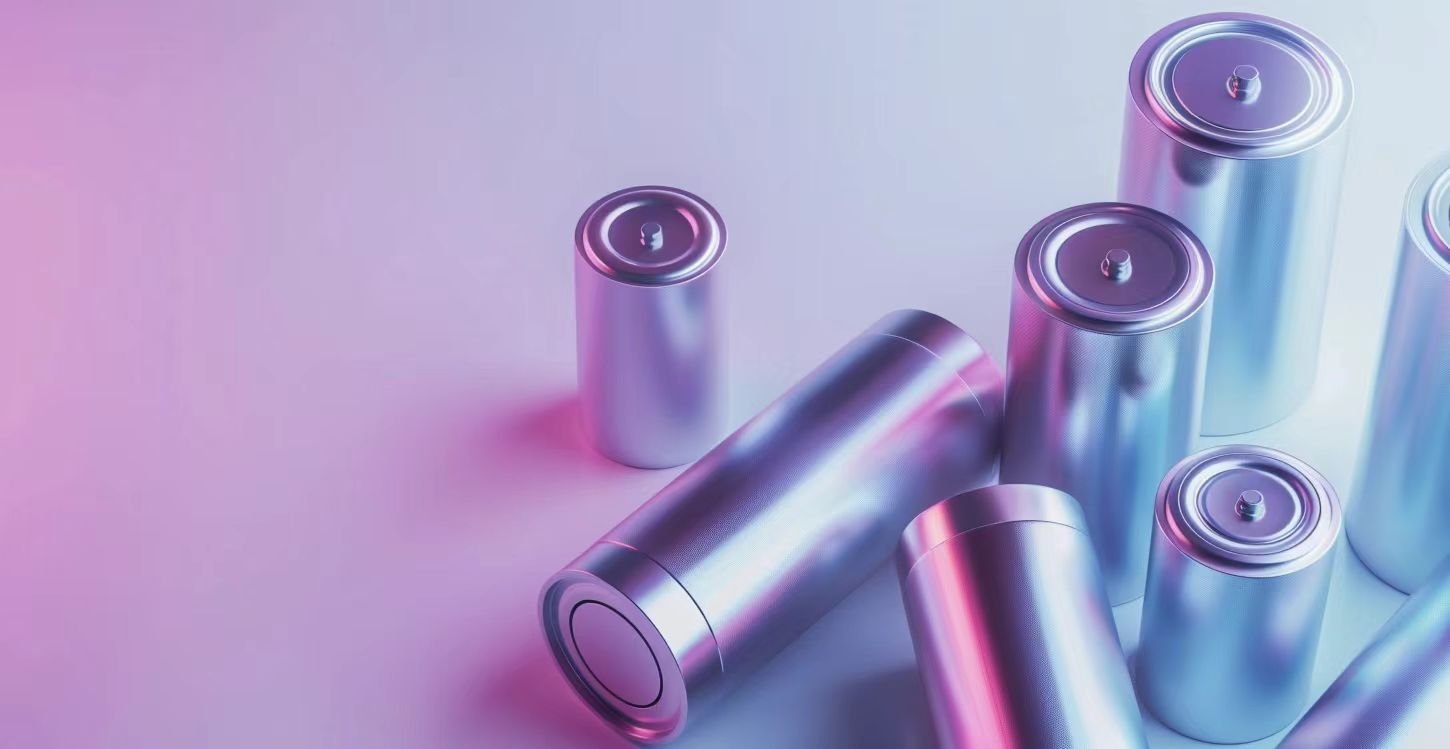Customs Clearance for Shipping Lithium Batteries-Latest Requirements for 2025

Preparation Before Shipping Lithium Batteries - Customs Clearance Basics
Classifying the Batteries:
Relevant Customs Clearance Documents:
Packaging and Marking Compliance
For further information on lithium battery customs clearance procedures, please reach out to our team for professional support.
Customs Clearance Process for Transporting Lithium Batteries - Step-by-Step Breakdown
The Role of the Customs Broker:
Key Steps in the Clearance Workflow:
When it comes to the customs clearance process for lithium battery shipments, it requires handling by a professional team. The Batteryshipment.com team is your best choice for assistance.
Regional Differences in Lithium Battery Customs Clearance
United States:
Europe Union:
United Kingdom:
China,& South Korea:
The customs clearance variations for lithium batteries across different countries have not been extensively covered. If you need more detailed information on this aspect, please feel free to contact us.
Packaging and Labeling Compliance
Inner Packaging for Lithium Batteries:
Outer Packaging Requirements:
Outer Carton Labeling:
In conclusion, non-compliant packaging is one of the key reasons for customs inspections and clearance delays. Partnering with certified packaging material suppliers can help reduce this risk. You may also contact us for further guidance on this matter.
